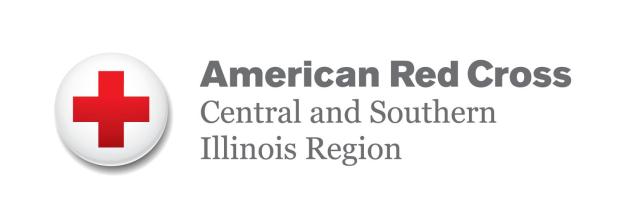Stock up in case of disaster
What kinds of food supplies are recommended to store in case of a disaster?
Try to avoid foods that are high in fat and protein, and don’t stock salty foods, since they will make you thirsty. Familiar foods can lift morale and give a feeling of security in time of stress. Also, canned foods won’t require cooking, water or special preparation. Take into account your family’s unique needs and tastes. Try to include foods that they will enjoy and that are also high in calories and nutrition.
Store supplies of non-perishable foods and water in one handy place. You need to have these items packed and ready in case there is no time to gather food from the kitchen when disaster strikes. Sufficient supplies to last several days to a week are recommended.
Select foods that require no refrigeration, preparation or cooking and little or no water. Foods that are compact and lightweight are easy to store and carry.
Try to eat salt-free crackers, whole grain cereals and canned food with high liquid content. Recommended foods include:
- Ready-to-eat canned meats, fruits and vegetables (be sure to include a manual can opener).
- Canned juices, milk and soup (if powdered, store extra water).
- High-energy foods, such as hard candy, sweetened cereals, candy bars and cookies.
- Instant coffee, tea bags.
- Food for infants, elderly persons on special diets, if necessary.
Also consider having:
- Compressed food bars. These store well, are lightweight, taste good and are nutritious.
- Trail mix, available as a pre-packaged product, or can be assembled to suit your tastes.
- Dried foods can be nutritious and satisfying, but tend to contain a lot of salt, which can make you thirsty. Read the labels carefully.
- Freeze-dried foods are tasty and lightweight, but need water for reconstitution.
- Instant meals, cups of noodles or soups are a good addition, although they need water for reconstitution.
- Snack-sized canned good are good because they generally have pull-top lids or twist open tops and can be resealed.
- Prepackaged beverages in foil packets or foil-lined boxes are suitable because they are tightly sealed and will keep for a long time.
Food to avoid:
- Commercially dehydrated foods that can require a great deal of water for reconstitution and extra effort in preparation.
- Bottled foods that are generally too heavy and bulky and break easily.
- Meal-sized canned foods. They are usually too bulky and heavy.
- Whole grains, beans, pasta. Preparation could be complicated under the circumstances of a disaster.

……
Great post and right to the point. I am not sure if this is truly the best place to ask but do you guys have any thoughts on where to get some professional writers? Thanks :)…